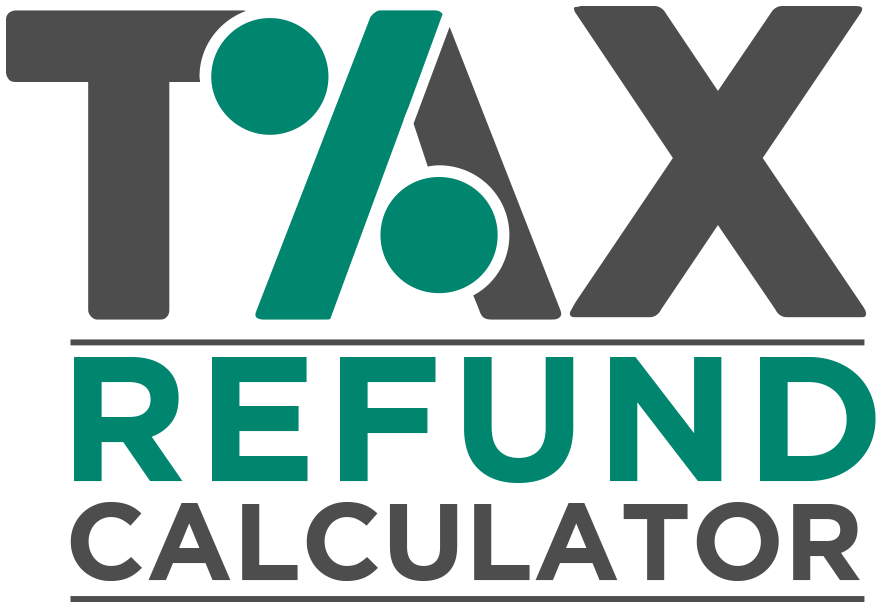
Unsure if You’re Due for a Tax Refund? These Reasons Say You Are
Paying for your taxes is supposed to be simple, but you can’t rule out taxing mistakes! In some cases, HMRC doesn’t have a complete and accurate picture of one’s work and financial situation, resulting in paying the wrong amount of tax.
Here are some of the common reasons many UK taxpayers find themselves applying for a tax refund:
1. Working in the CIS Industry
The Construction Industry Scheme process is set in motion by HMRC to oversee tax collection from workers in the construction industry. Through CIS, HMRC instructs contractors to deduct 20% of payments to sub-contractors and self-employed professionals.
The best thing about having a CIS registered company is that you have the opportunity to apply for gross payment status and enjoy being paid your total income, excluding VAT. Moreover, you only have to pay taxes and National Insurance contributions every quarter!
Although the Construction industry Scheme has its advantages, there is a downside to it. Most of the time, the deductions to your payment tend to be too much than what is required. As a result, many workers in the construction industry are due an annual repayment totalling £2,500. Make sure to reach out to a tax professional or calculate what you’re owed before claiming for a CIS tax refund.
2. Miscalculations With Tax Deductions
Processing payroll must be done with complete care and accuracy; accurate payroll calculations are crucial to streamlining payroll, HR, and accounting. Unfortunately, some employers still make mistakes even when they rely on software to decrease the risk of human error.
Technology isn’t always perfect—it can make mistakes when you least expect it to! Although miscalculations aren’t common, they do happen. When you rely on programs to calculate tax and NI deductions without double-checking them, employees may end up overpaying tax.
Given the sophistication of tax software, payroll clerks hardly check the accuracy of its calculation since they’re expected to be correct. If you want to determine whether you can claim a tax refund, use a tax calculator for accurate computation.
3. Unused Marriage Allowance
The best thing about getting married is that you’ll have a companion who will stay by your side for the rest of your life. However, besides improving your relationship, getting married means enjoying the financial perks that come with changing your civil status.
When you get married, you’ll be able to pass on money or inheritance to your spouse free of tax when you pass away and streamline budgeting for your household, transfer money and assets between you and your spouse tax-free. Most significantly, you’ll also have a marriage allowance.
Although married individuals mostly use marriage allowance, you don’t actually need to have a spouse to claim it! If you’re living with someone and have a civil relationship with them, you can use it when one of you has unused personal allowances, and the other has used all of theirs. As such, you have the opportunity of claiming a marriage tax refund amounting to £230!
Conclusion
Tax overpayments are fairly common, and some occur for a long time before the taxpayer even suspects it! Luckily tax overpayments are preventable, and you can go back for years to make a tax relief claim. Before applying for a tax refund, make sure to use a tax refund calculator so that you can get an exact amount.
Are you unsure whether or not you should claim a tax refund? Then, let us at Tax Refund Calculator help you! By calculating whether or not you have overpaid tax, you might be in for a pleasant surprise in the form of payment from HMRC. See if you have a claim today!

